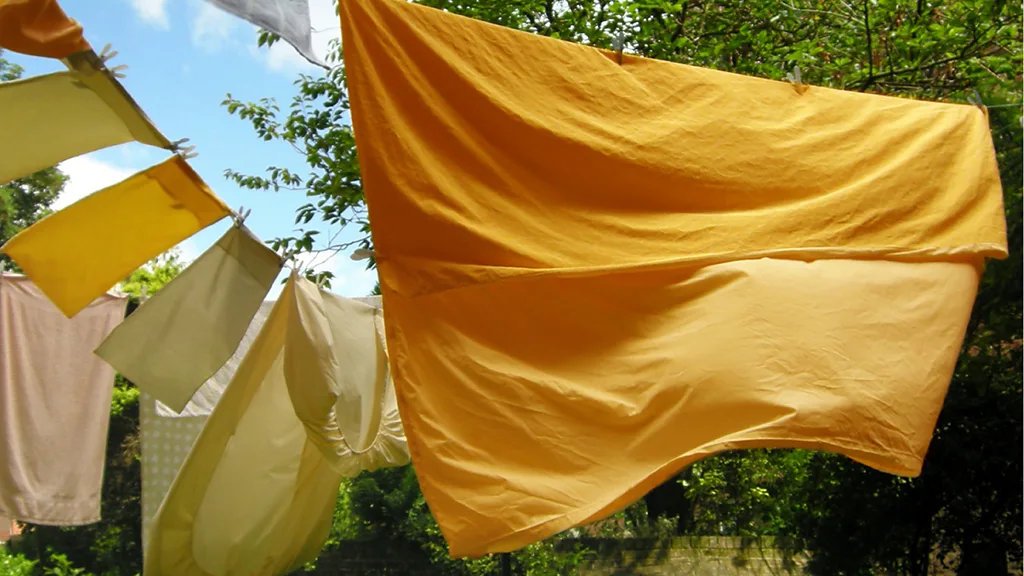
Keeping your bed linens clean is not just about aesthetics; it's also about maintaining good hygiene and overall health. But how often should you wash your sheets and pillows? This article will break down the optimal washing frequencies to help create a healthier and more comfortable sleeping environment.
Why Washing Your Bed Linen is Important
Before discussing the frequency, it's crucial to understand why regular washing is necessary. Your bed sheets and pillows are exposed to sweat, oils, dead skin cells, and dust mites. Over time, these can accumulate and create an unhygienic sleeping environment, potentially leading to allergies or skin issues.
How Often Should You Wash Your Sheets?
Weekly Wash
Most experts, including those at the American Academy of Dermatology, recommend washing your sheets once a week. This frequency is ideal for most people and helps ensure minimal dirt, oils, and sweat accumulation.
Exceptions to the Rule
- Hot Sleepers: If you sweat a lot at night, wash your sheets every 3-4 days.
- Allergies/Asthma: People with allergies or asthma might benefit from more frequent washing, such as every 3-4 days, to minimize contact with allergens.
- Illness: If you've been sick, it's essential to wash your sheets more frequently to eliminate germs and bacteria.
Tips for Washing Sheets
- Use Hot Water: Washing in hot water can help kill bacteria or dust mites.
- Gentle Cycle: Use a gentle cycle to preserve the fabric's longevity.
- Mild Detergent: Opt for a mild detergent to avoid skin irritation.
- Dry Completely: Make sure your sheets are thoroughly dried to prevent mold and mildew growth.
How Often Should You Wash Your Pillows?
Every Three to Six Months
Pillows don't need to be washed as frequently as sheets but require regular cleaning. The general recommendation is to wash pillows every three to six months. This helps to remove sweat, oils, and dust mites that accumulate over time.
Pillow Protectors
Using pillow protectors can extend the life of your pillows and reduce the need for frequent washing. These protectors are an additional barrier against sweat, oils, and dust mites.
Tips for Washing Pillows
- Check the Tag: Always check the care label for specific washing instructions.
- Two at a Time: To maintain balance in the washing machine, wash two pillows.
- Use Mild Detergent: Just like sheets, a mild detergent is best.
- Thorough Rinse: Ensure all detergent is rinsed out to avoid residue.
- Dry Completely: Pillows must be thoroughly dried to prevent mold and mildew. Using tennis balls in the dryer can help fluff them up.
Additional Tips for a Hygienic Sleeping Environment
Mattress Care
Don't forget your mattress! While you can't wash it like sheets or pillows, you can still keep it clean:
- Vacuum Regularly: Vacuum your mattress every few months to remove dust and allergens.
- Use a Mattress Protector: A mattress protector can help shield against spills and stains, making it easier to keep your mattress clean.
Bed Covers and Duvets
Your duvet covers and bed covers also need attention:
- Wash Every Few Weeks: Duvet covers should be washed every two to four weeks.
- Spot Clean Duvets: The duvet can be spot-cleaned as needed and washed every few months.
Regular Airing
Air out your bed linens by leaving your bed unmade during the Day. This helps reduce moisture build-up and can keep your linens fresher.
Rotate Linens
Having multiple sets of sheets and pillowcases allows for rotation, reducing wear and tear on any single set. This can also make it easier to stick to a regular washing schedule.
Conclusion
Maintaining a regular washing schedule for your sheets and pillows ensures a healthy and comfortable sleeping environment. Aim to wash your sheets and pillows weekly every three to six months. By following these guidelines, you'll enjoy a cleaner bed and reap the benefits of better sleep and improved health.
Ready to upgrade your linen game? Follow these tips and take the first step toward a cleaner, more comfortable night's sleep. Happy laundering!


0 Comments